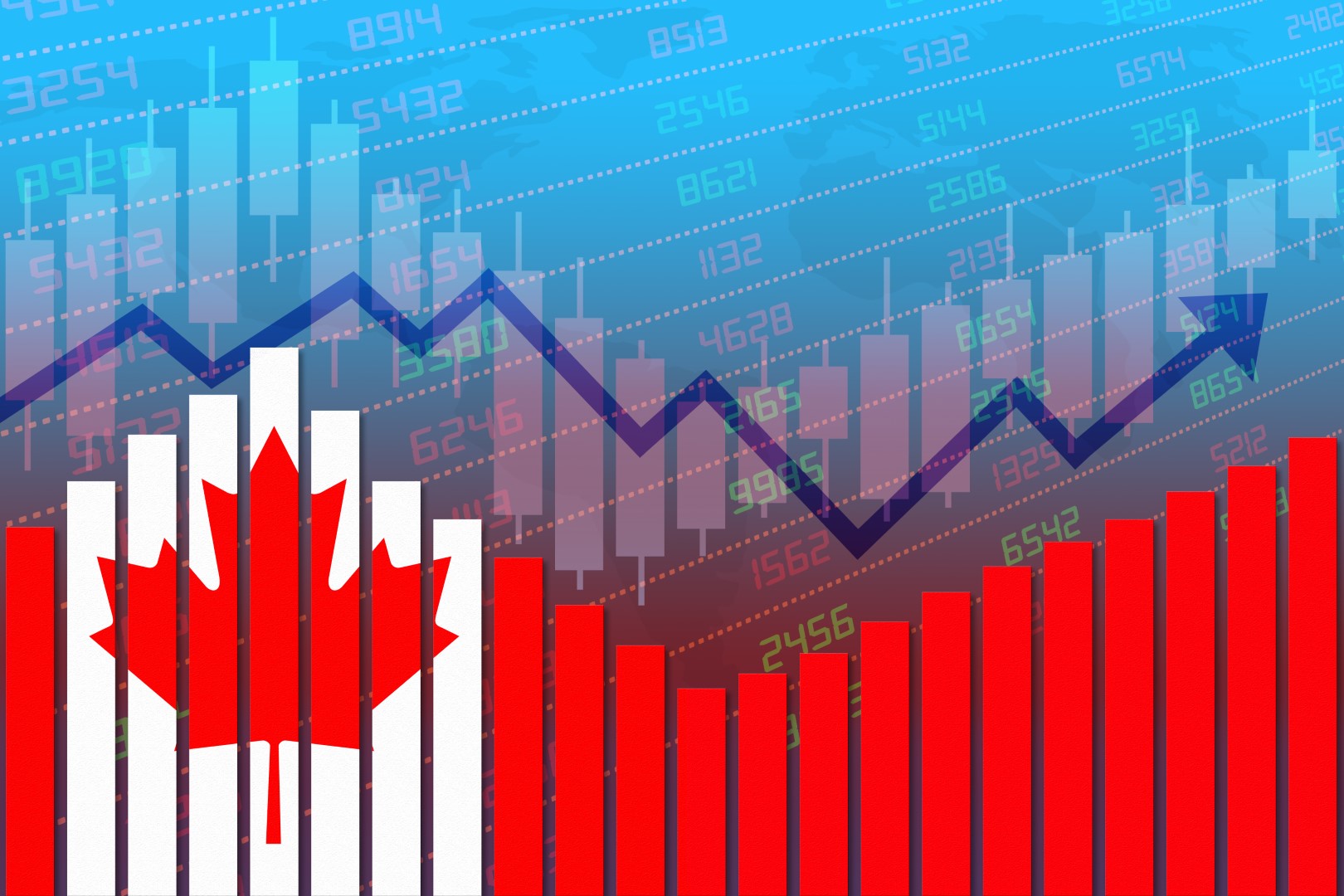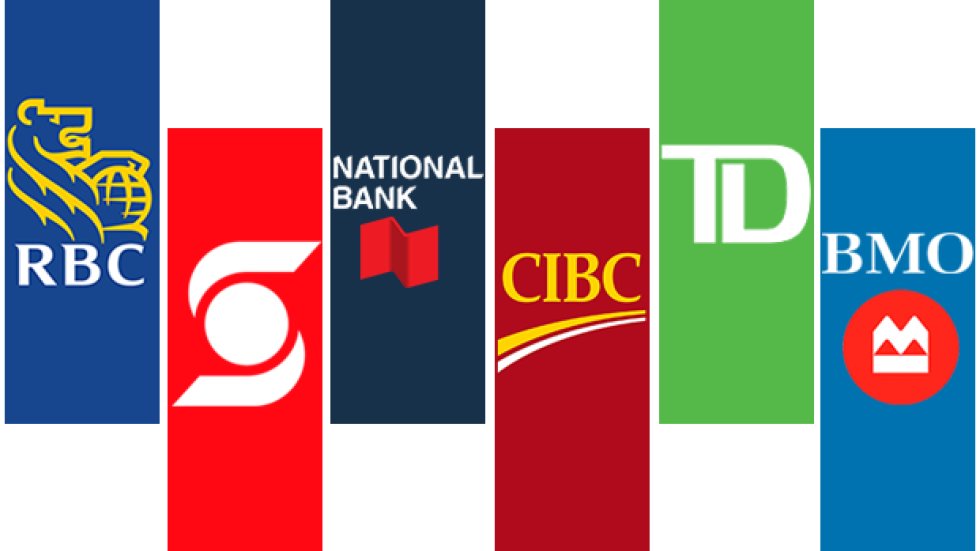In this One Chart, we compare the volatility profile of 1.25x the Solactive Canadian Bank Mean Reversion index (SOLCBMRT) – which the Hamilton Enhanced Canadian Bank ETF (ticker, HCAL) seeks to replicate before fees – to that of the Big-6 Canadian banks. We believe HCAL is a good choice for long-term investors, as its modest leverage offers the potential for higher returns in a steadily growing…
Commentary: HCA
Canadian Banks: Are Analysts Underestimating the Recovery (Again)?
In our October webcast, “Canadian Banks – Credit Cycle is (Basically) Over”, we correctly predicted that reserve builds for the Canadian banks would peak in Q4-20, and that the recovery would begin in Q1-21. In fact, we launched the Hamilton Enhanced Canadian Bank ETF (HCAL)[1] in October 2020 to give investors a vehicle to capitalize more fully on this recovery while at the same time benefiting…
Canadian Banks: Q1-21 Takeaways – One Catalyst Down, Two to Go
In October 2020, we launched the Hamilton Enhanced Canadian Bank ETF (ticker: HCAL), a modestly levered version of our Canadian bank mean reversion strategy ETF (ticker: HCA), in anticipation of a credit-driven recovery for Canadian bank earnings and stocks. In our view, with its 25% leverage, HCAL offers investors an opportunity to benefit as the recovery gains traction (in the near-to-medium term), as well as for…
Video: Canadian Banks – Three Potential Catalysts for 2021
Watch Rob Wessel, Managing Partner of Hamilton ETFs, give an update on three potential catalysts for the Canadian banks in 2021.
Canadian Banks: Q4-2020 Takeaways – Recovery Has Started; What’s Next?
In late October, with earnings season approaching, we wrote an insight entitled, “Canadian Banks: Will Q4 Be a ‘Clean-up’ Quarter?”. In that note, we predicted the banks would take steps to accelerate their return to normalized earnings by: (i) building reserves against performing loans (by to $2-$3 bln, to ~$25 bln) in order to prepare for defaults coming in 2021, and (ii) pulling forward expenses, possibly…
Video: Canadian Banks – Key Takeaways from Q4 Earnings
Watch Rob Wessel, Managing Partner of Hamilton ETFs, give an update on the Q4 2020 Canadian bank earnings season:
Canadian Banks: Will Q4 be a ‘Clean-up’ Quarter?
Note to Reader: We are pleased to announce the launch of the Hamilton Enhanced Canadian Bank ETF (HCAL), which began trading on the TSX on Thursday, October 15th and has a current yield of ~6.5%. HCAL invests 125% of NAV into the Hamilton Canadian Bank Mean Reversion ETF (HCA) using cash borrowed from a Canadian financial institution. The underlying – and unlevered – HCA seeks to…
Canadian Banks: Outperformance from Mean Reversion (in 7 Charts)
As all Canadian investors know, the stock prices of the Canadian banks are highly correlated, and the individual banks have generated similar returns over long periods of time. Over the past several decades, the Canadian banks that have underperformed tended to catch up to those that outperformed, and vice versa – i.e., their performance was “mean reverting”. In this Insight, we discuss these mean reversion tendencies…
Canadian Banks: Three Vulnerable Loan Exposures (in Charts)
In our Insight, Financials: Does COVID-19 Represent a Growth Scare, Credit Event or Crisis (March 25, 2020), we discussed the implications of the global economy moving swiftly into an undetermined period of negative economic growth. For the banks, we fully expect the result will be a credit cycle. Although the peak of losses and the duration are very much unknown, we believe this credit cycle is likely…
Hamilton ETFs Announces Proposed Merger of Hamilton Canadian Bank Variable-Weight ETF into Hamilton Canadian Bank Mean Reversion Index ETF
Toronto, Ontario – April 28, 2020 – Hamilton Capital Partners Inc. (“Hamilton ETFs”) is pleased to announce the next phase of enhancements to its investment fund platform. Subject to all required unitholder and regulatory approvals, Hamilton ETFs is proposing to merge (the “Merger”) Hamilton Canadian Bank Variable-Weight ETF (TSX: HCB, the “Terminating Fund”) into Hamilton Canadian Bank Mean Reversion Index ETF (proposed TSX ticker: HCA, the…
Financials: Does COVID-19 Represent a Growth Scare, Credit Event or Crisis?
Since we launched our first ETF in January 2016, there have been four significant macro corrections in four years. None of those large and painful corrections represented a crisis, insofar as the declines did not represent a threat to the solvency of the financial sector, either from a lack of liquidity or the destruction of capital. Rather, they were related to the market rapidly (and, in…
Cdn/Aust’n Financials: Fraternal Twins w/ Low Correlations & Near Identical Risk Rewards
The Australian financial sector is among the highest quality and strongest in the world. It is also very similar to the Canadian financial sector. Arguably, there are no two financial sectors globally that more closely resemble each other than Canada and Australia. A desire to provide Canadians with exposure to this great sector is why we launched the Hamilton Australian Financials Yield ETF (HFA), which has…












